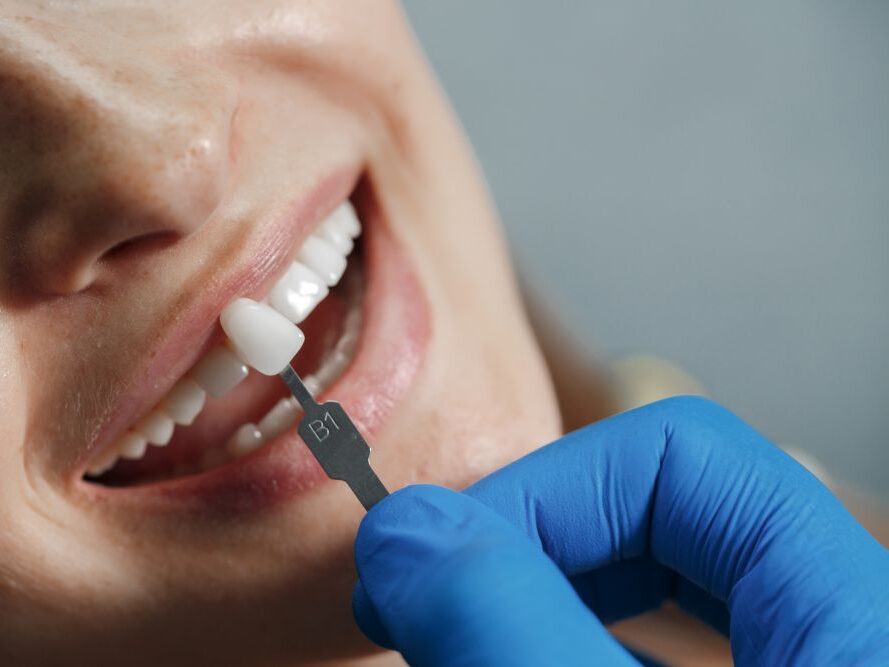
Dental bonding is a simple and popular treatment that helps improve the appearance of teeth by addressing minor flaws, such as chips, small cracks, or discoloration. This guide provides a clear overview of how bonding works, its benefits, and what to expect during the process at a trusted dental clinic in Plano. You’ll learn who makes a good candidate, how much it usually costs, and how to care for bonded teeth. The goal is to help you understand the basics so you can determine if this option aligns with your smile goals. Dental bonding can be a great way to refresh your smile without major dental work.
Benefits of Dental Bonding
Dental bonding helps restore teeth with minor cosmetic issues, such as chips, cracks, or stains. A tooth-colored resin is placed on the tooth, shaped to match your natural tooth, and polished to blend in seamlessly. This treatment can also close small gaps and improve tooth shape. It usually only takes one visit, and most people find it a comfortable experience. It also tends to cost less than veneers or dental crowns, making it a budget-friendly cosmetic option.
Procedure Overview
The bonding process starts with choosing a resin shade that matches your teeth. The dentist lightly roughens the tooth surface and applies a conditioning gel to ensure the resin adheres well. The resin is placed, shaped, and then hardened with a special light. After it sets, the dentist trims and polishes it to make it look natural. The whole appointment typically lasts about 30 to 60 minutes per tooth.
Candidates for Bonding
Bonding works well for individuals with small chips, cracks, gaps, stains, or slightly misshapen teeth. Patients should have healthy gums and teeth, free from untreated decay. Bonding offers a cosmetic boost, but it may not last as long as more durable options, such as porcelain veneers. People choosing bonding should understand that results may need touch-ups over time. A dentist will examine your teeth and goals to determine if bonding is a suitable option.
Cost and Insurance Coverage
The cost of dental bonding varies, typically ranging from $100 to $400 per tooth. The price depends on the size of the repair and the location of the dental office. Some insurance plans may cover the cost of bonding if it is needed for a damaged tooth, not just for cosmetic purposes. Always review your policy to understand what is covered. Many dental offices also offer payment plans to make treatment more affordable and easier to manage within a budget.
Maintenance and Aftercare
Bonded teeth stay in good shape with regular brushing, daily flossing, and routine cleanings. Consider scheduling a professional teeth whitening service to keep your smile bright and ensure the bonded areas blend seamlessly with your natural enamel. Try not to bite hard objects, such as ice or pen caps, as this can chip the bonding. Avoid using bonded teeth to open packages or bottles. Visiting the dentist twice a year helps spot any wear or repairs needed early. With good care, bonding can last several years.
Risks and Limitations
Bonding is safe, but it can chip or stain over time, especially if you drink dark liquids often or chew on hard items. It is not as strong or long-lasting as veneers or crowns. Good oral habits help protect the bonding and keep it looking clean and smooth. If you prefer a long-term option and are willing to accept a higher cost, your dentist may recommend alternative treatments. Understanding these limits helps you choose the right option for your smile.
Related Topics:
